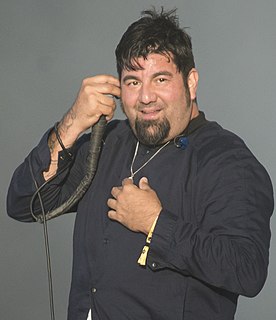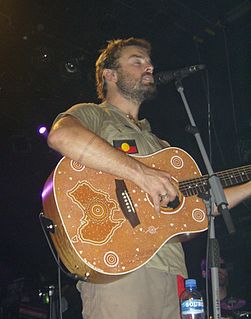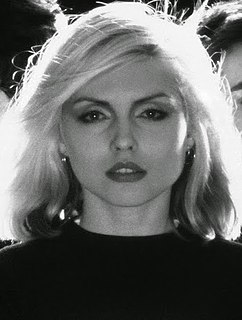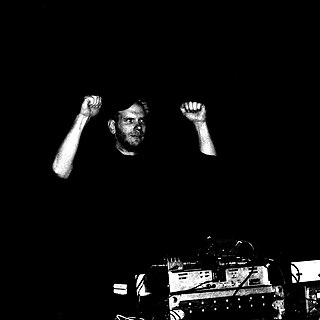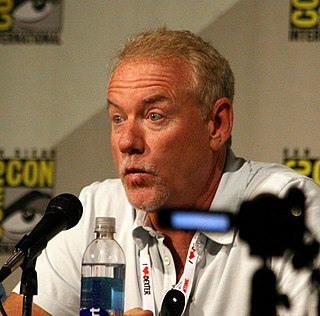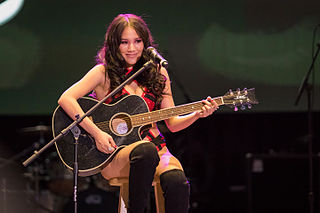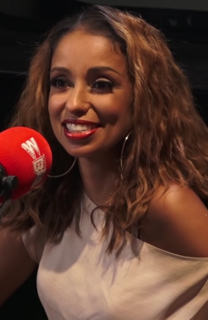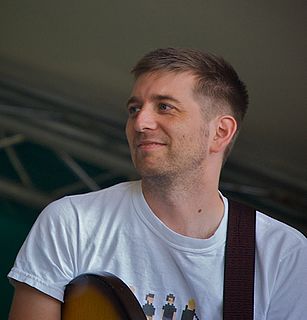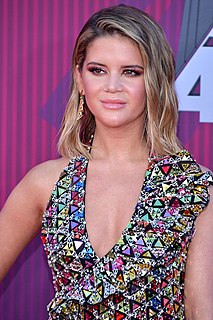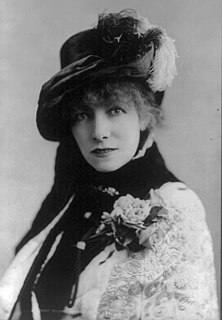A Quote by Chino Moreno
I always enjoy rhythms and melodies, but I always use my voice as more of an instrument and less of a soapbox for me to say or to preach.
Related Quotes
I could always hold a melody, but I was never like, I'm going to be a singer. So I'm able to use that when I write. I'm actually playing the beat with my voice. Instead of thinking about coming up with melodies, it's like filling in the instruments. So sometimes it's better to have beats with less melodies in them, because then I can play more with my vocals.
My first instrument was my voice. I was always singing and writing melodies when I was a little kid. I just sort of taught myself whatever was around. If there were instruments around, I'd play them. I always liked the idea of not being shown but coming up with my own energetic connection to the instrument.
For me, the tabletop is an easy way to eliminate the possibilities of chords, modes, melodies, and harmonies. It kind of confines you to this other sound sphere. I know anyone facing this kind of dilemma could always just find another instrument more suitable to their needs, such as a sampler or synthesizer, but I figured I have a guitar and amp so why not just use them?
Melodies and ideas are always on my mind and always coming to me. I'm very thankful for that because if I didn't have whatever that is, that craziness, that openness, maybe, I don't think I'd be able to do what I really love to do, which is write great melodies and at least try to write great melodies.
